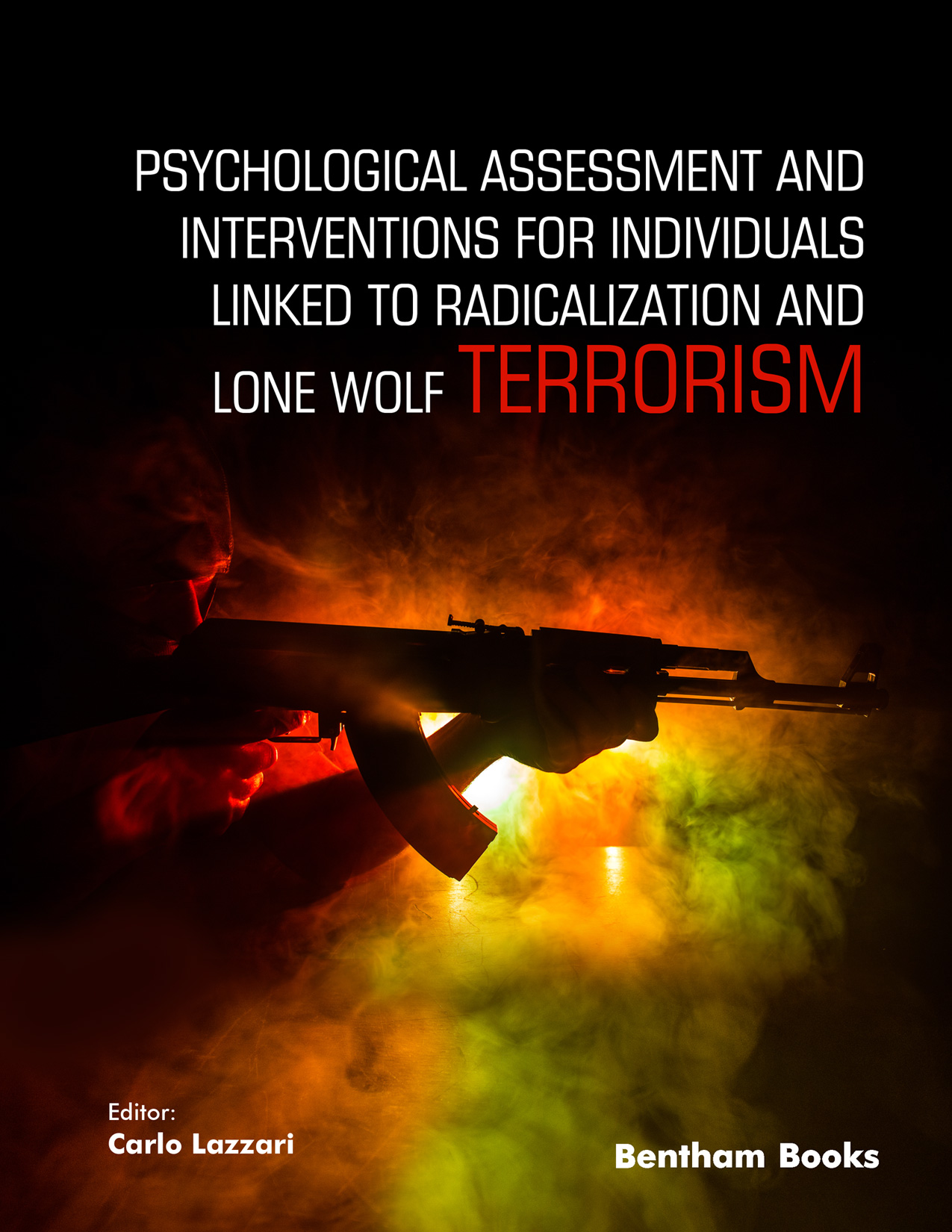The current book aims to cover a gap in understanding psychiatric aspects of radicalization and the lone wolf phenomenon. Since recently, literature and research have treated the topic under the social assumption that a radicalized individual is only guided by personal, social, and ethnic reasons to commit a radicalized act. We took a different route to analyze the phenomenon, prompted by our clinical experience of mental health professionals working in the territory, being in contact with radicalized people, and living in our towns and problematic suburbs or prison. We discovered that psychiatry and psychology could provide additional insight into individual radicalization, called the lone wolf phenomenon. As in any other country, our personnel and researchers are from different ethnic backgrounds, giving higher depth to radicalization analysis. We witnessed the multifold aspects that generate political, religious, social, and organizational radicalization in our lands. As experts in mental health, all the researchers who contributed to the current book had regional and international experience in radicalization and lone wolf terrorism. This strong background has allowed us to examine the psychology of radicalization and lone wolf in its multifold aspects, meeting individuals who were radicalized or potential victims of it. We extrapolated our findings to interpret them from the psychiatric perspective, when possible, and expand our observations and make inferences at a broader, interpersonal, social, regional, or global level.
The Introduction is a free exploration of the phenomenon of radicalization and lone wolf terrorism as linked to humankind’s history. As stated in the chapter, any act of perpetrating maltreatment to others with the simple aim of having victims recognized as adversaries of the own ideology or group should be scrutinized as signifying an act of radicalization.
Chapter 1 starts to give a broad social and cultural perspective of the phenomenon of radicalization and terrorism. We tried to break the traditional interpretations to observe individuals and society under different aspects. We used Delphi groups to interpret social events linked to radicalization. We could identify radicalization and lone wolf phenomena in any social endeavor liberating the definition from boundaries related to the war, conflicts, or inter-ethnic genocides. With a socio-psychiatric diagnosis, we could identify that radicalization is a way of behaving and believing that it is diffuse. Simultaneously, a radicalized act could have different presentations that are more distributed than those classically described in the literature.
Chapter 2 continues in the psychiatric analysis of radicalization and lone wolf terrorism, including children and women. We adopted an ethnographic approach of Internet sources to explore the topic and study how individuals become radicalized, the cognitive routes to accept terrorist ideas, and the impact of radicalization on children and women. How important is a leader in radicalizing the masses? How crucial are interventions of de-radicalization during child development? How do women become radicalized? We tried to answer these questions.
Chapter 3 explores the phenomenology and social psychology of lone wolf radicalization. We tried to identify emotions, behaviors, prejudicial thoughts, and beliefs that could indicate a process of radicalization in the individual.
Chapter 4 explores the instruments of the prevention of radicalization. Using an actuarial, social, psychiatric, and mathematical model, we aimed to deliver the information that some events linked to lone wolf radicalization could be explored by mathematical models and could be somehow prevented.
Chapter 5 represents a further exploration of the psychiatric analysis of lone wolf individuals. Mental-health professionals can help identify and prevent radicalization by robust assessment of people at risk of radicalization. Also, community mental-health practitioners are privileged to detect social signs that indicate a radicalized entourage that might favor potential victims of it, including children.
Chapter 6 explores the methodological basis for the use of psychology in research on radicalization and terrorism. It has a philosophical cut, although it has been created to provide the ground of the assumptions or truth delivered into the book. Besides, the chapter gives some indication of what grounds psychiatric research on radicalization was conducted.
The Appendices report the instrument frequently used by the authors during the assessment of lone-wolves or to guide Delphi-group discussions.
Carlo Lazzari
International Centre of Healthcare and Medical Education
Bristol
United Kingdom

